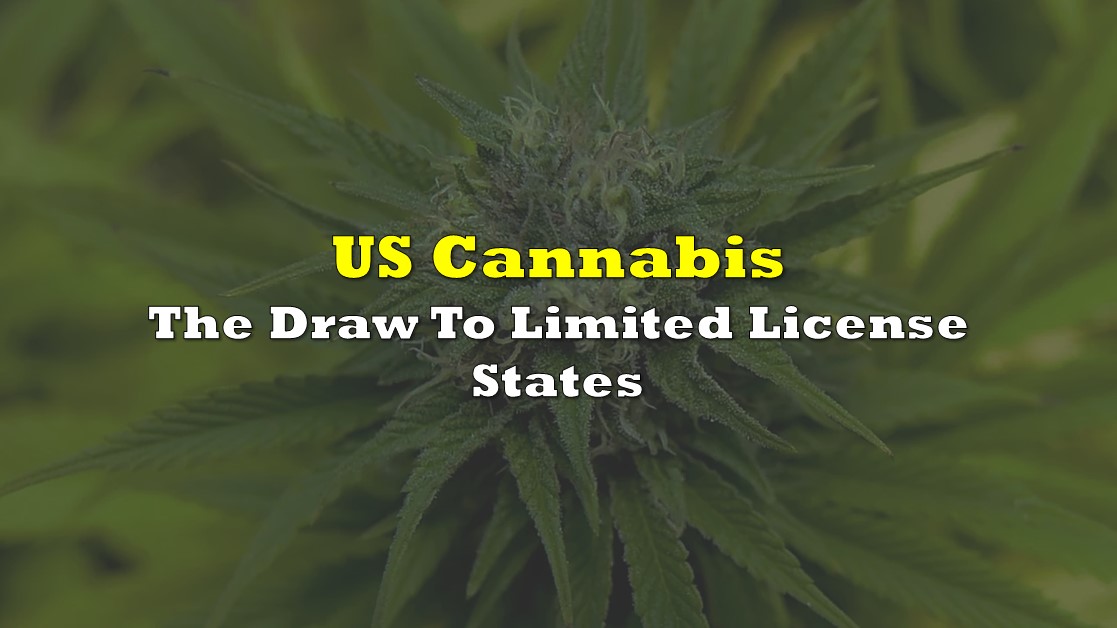If you’re an investor heavily focused on cannabis MSOs, you’ve likely noticed the industry’s recent tidal wave of M&A.
While the opportunity cannabis stocks present is irrefutable, owning licenses is the genuine “generational opportunity.” As you will see, privately owned limited licenses have yielded returns that would make any Sand Hill Road fund manager blush.
As someone who has conducted business and financial planning, team formation, vendor management, facility design, real estate selection, local+state lobbying, and license application writing for multiple limited license winners, it’s not easy.
In some states, the operational deadline is 4-6 months after receiving a license, so if you’re building a production facility from the ground up, you may have to start construction before even submitting your application.
As many local applicants have taken on considerable financial risk just to reach this point, this is where the stress levels hit their climax.
But suddenly, you receive a litany of emails and calls from 416 and 360 area codes, introducing themselves as “iBankers” and “business brokers.” They enlighten you on the merits of “taking loads of good paper,” the “private to public arbitrage,” and “taking a shell from my buddy to run a deal.” After finding a translator, you learn that they want to help you exchange your business for something presumably of value.
Now, let’s look at four different states that have issued some of the most valuable licenses: Pennsylvania, Florida, Virginia, and New York.
Pennsylvania’s large population coupled with its favorable condition list has made it one of the most profitable medical markets to operate within.
In the 2019 license allocation, most winners signed countless LOIs with groups that didn’t have the capital to close, hoping for an all-cash buyer willing to pay $60MM.
Given the license’s footprint, the state’s population of more than 21 million people, and the promise of being grandfathered into the future adult-use market, these are arguably the most valuable licenses in the US.
In my opinion, Dalitso sold at an extreme discount, as the majority of other licensees were demanding upwards of $50MM.
New York has issued 10 Vertically Integrated licenses, with a limit of four dispensary locations each.
As if this shrinking window of opportunity wasn’t enough to increase the stakes, legislators in emerging markets are looking to implement strict residency and ownership measures to ensure most licenses are issued to residents, not out-of-state companies.
Welcome to The Deep Dive, where we focus on providing investors of Canadian junior stock markets the knowledge they need to make smart investment decisions.
